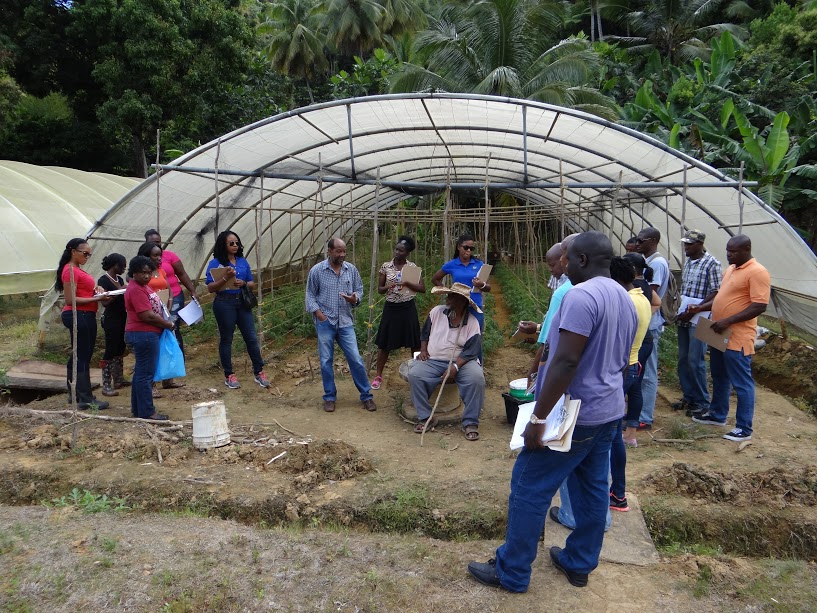An event held in Barbados helped to determine critical factors for Caribbean countries to successfully capitalize on international and regional market opportunities.

Bridgetown, 13 March 2017 (IICA). A conference and technical symposium facilitated discussions and exchange of information among key public sector and private sector stakeholders on sustaining and building on the actions concluded under the 10th EDF Sanitary and Phytosanitary (SPS) project, an initiative funded by the European Union and implemented by the Inter-American Institute for Cooperation on Agriculture (IICA), in collaboration with several partners.
During the conference, the achievements of the project were highlighted and agricultural health and food safety experts from the region, North America and the European Union provided valuable insight on market access issues. This cross sectoral gathering was symbolic of the systematic approach of the project, ensuring that all aspects of the value chain were taken into account.
EU Ambassador Daniela Tramacère, highlighted the importance of SPS Measures to the economy, as well as “raising standards and building capacity on SPS issues which translate into safer food available to us, our families and our communities.”
Over 90 stakeholders participated, including Government officials, agricultural planners and policy makers, agricultural private sector leaders, civil society leaders and agricultural organization leaders from across CARIFORUM. The event generated expressions of strong commitment for the continuation of actions initiated under the project, and the continued strengthening of the networks established.
The Director General of CARIFORUM, Percival Marie, emphasized the importance of market access and market presence for goods from CARIFORUM countries. He also commended the project for its efforts towards achieving these goals, and affirmed CARIFORUM’s commitment to seeking additional resources towards continuing the efforts made within this initiative.
The SPS Project addressed three main areas: fragmented and outdated legislation, limited national and regional coordination amongst institutions and groups addressing Agricultural Health and Food Safety (AHFS) matters and limited technical capacity to implement the SPS regime.
The support provided contributed significantly to capacity development for both the private and public sector in various aspects of AHFS.
A strong project
The SPS project built capacity of over 2000 private and public sector professionals and created tools and resources for continued training and knowledge transfer in agricultural health, food safety and fisheries. Additionally, model legislation was created in four key areas: plant health, animal health, fisheries and food safety. These model bills are intended to guide CARIFORUM countries in their efforts to strengthen their own regulatory framework.
The SPS project was funded under the 10th European Development Fund (EDF) and implemented by IICA in collaboration with the Caribbean Regional Fisheries Mechanism (CRFM), the CARICOM Secretariat and the SPS Committee of the Dominican Republic (Comite´ Nacional para la Aplicación de Medidas Sanitarias y Fitosanitarias (CNMSF).
As the project ends, the work on SPS issues within the region continues.
For further information, please contact:
Tamaisha Eytle, Logistics Coordinator











